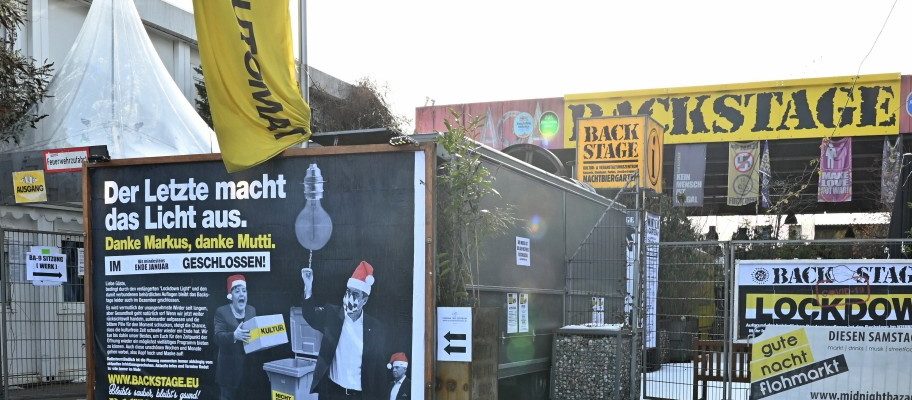You can try it with a game, thinks the moderator Christina Wolf. So, all politicians please raise your arms if your party has the following wishes of visual artists in Bavaria on the agenda: Fair payment for commissions! Support art in public space! All arms up, always. “You can do La Ola right away,” someone calls out. Helmut Kaltenhauser only has something to say about the demand for “strengthening self-government structures”: “If I’m an association, I’m no longer a free scene,” says the FDP politician and president of the Bavarian Music Council. Sanne Kurz from the Greens sees things differently: lobbying is important. And also to promote, finds SPD colleague Volkmar Halbleib. Andreas Jäckel from the CSU relativizes that the money should be “on the slopes”, i.e. to the actors, but that the offices should also have a piece of the cake.
The hosts of the panel discussion “Culture Asks Politics” will have breathed a sigh of relief, because they were six Bavarian cultural associations. They had invited a representative of each party in the Maximilianeum (except for the AfD) to Munich’s Werk 7 theater to see what the voters could expect after the state elections in autumn. It shouldn’t be about the decay of Bavarian cultural buildings and also not about the construction of a new state concert temple next door in the Werksviertel, each association had come up with a topic that its active members really care about.
The wish of Bernd Strieder from the co-organizing Bavarian pop association VP.By for “little blah blah” and “more concrete statements” was not fulfilled. It’s all very complex. For example, one of the less controversial questions that the Munich cultural organizer (VdmK) asked after the “quiet days” that cost them money: whether it was fair that Prime Minister Markus Söder celebrated at a football game on Memorial Day, but young people didn’t go dancing were allowed? Jäckel ignored the question about his boss, but said that he thinks nine quiet days in Bavaria are “a lot”, that it might be six or seven, but not zero or three, and that the topic is “not off the table”. In a draft law, the Greens had already called for culture of all kinds to be allowed on quiet days as well as sport, which Halbleib agreed to despite a “wide range of opinions” in his parliamentary group, while the liberal Kaltenhauser would allow everything that didn’t bother anyone and himself Kerstin Radler from the Free Voters said: “Not an issue for us.”
After the specific question from the AG Film Festivals about more funding, a meta-debate about “guidelines of cultural policy” ensued, which the state government does not have, so short and half body, which one does not want at all, according to Jäckel, because they lead to a state culture . Likewise, the demand from the Writers’ Association to be able to make a better living from writing led to few concrete offers, at most from Sanne Kurz to tackle the “very poor pay” in digital libraries, or from Jäckel to generally accommodate more artists in school work, Authors for “creative writing” courses, for example. The social security of freelance artists in the case of Corona or old age is important, but also because of the interlocking with the federal government “a big board” (half body). A fair (minimum) payment for government contracts or state-sponsored institutions was basically good for everyone. CSU representative Jaeckel found that in general one must increase, but money must also come from the beneficiaries of the “big players” in the economy such as Siemens.
How much noise can culture make?
The Bavarian pop association VP.by and the Clubcommission Augsburg wanted to know whether the CSU and the Free Voters would agree in the Bundesrat in autumn if clubs and live venues should be better protected. As a lawyer, Radler “didn’t want to say anything specific about it at first”; So does Jäckel: “I’d like to see what’s coming, the approach has to be: enable what’s possible.” For many cultural representatives in the audience, that was far too little for a cross in the election: Bernhard Klassen from Augsburg called for the protection of existing buildings and noise limits to be clearly regulated: “Anyone who moves there has to come to terms with the fact that culture is celebrated in the city. “
The only question the public asked was why the metropolises of Munich and Nuremberg were largely excluded from state funding for the independent scene. The culture fund was primarily created to “invest in the area,” explained Andreas Jäckel from the CSU, “but it’s like the holidays: nothing is fixed.”

